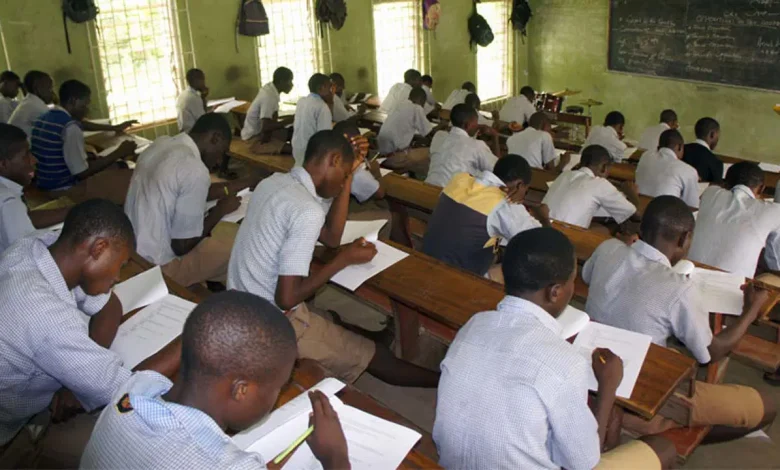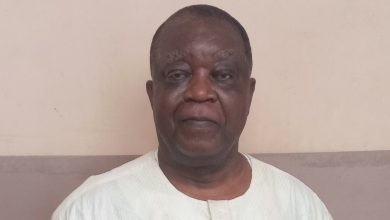The Times Fact Check: Dr. Kayode Olanorin’s Media Police


Media Police
Truth Watch is a public interest column dedicated to exposing false claims, spotlighting ethical concerns in journalism, and equipping the public with tools to navigate today’s fast-changing information landscape.
The feature is part of a wider effort to strengthen truth and accountability in media.
This week’s top false claim
Claim: The 2025 WAEC and NECO exams have been cancelled due to widespread malpractice.
A fake press release recently went viral on WhatsApp and social media, falsely claiming that the West African Examinations Council (WAEC) and National Examinations Council (NECO) had cancelled ongoing public exams due to rampant malpractice.
Media Police fact-checked the claim and found it to be entirely false.
In an official press statement dated 20 July 2025, the Federal Ministry of Education debunked the rumour, confirming that all scheduled exams were held as planned. While some centres experienced isolated malpractice incidents, these were swiftly addressed, and no general cancellation was ever issued.
Advice: Always rely on official sources such as waecnigeria.org, neco.gov.ng, or education.gov.ng. Avoid forwarding unverified exam information, especially during peak exam season.
Tool of the week
Name: Airtel Nigeria’s spam alert service
What it does: Helps customers detect and report fraudulent messages or scam calls.
In an era where misinformation spreads rapidly via SMS and mobile platforms, Airtel Nigeria has introduced the Spam Alert Service to help users identify and report suspicious messages, including phishing links and financial scams.
To report a spam message, customers can simply forward the suspicious SMS to 993 — a toll-free number. Airtel uses the data to block offending numbers and protect other users.
Tip: Use this tool to protect yourself from malicious links and digital fraud, especially messages claiming to be from banks, exam bodies, or government agencies.
Media ethics radar
Headline: New report highlights escalating attacks on journalists in Nigeria
A new report released by the Media Rights Agenda (MRA) on 28 July, 2025 paints a worrying picture of declining press freedom in Nigeria. Covering incidents from 2023 to mid-2025, the report documented:
– 141 media rights violations
– 43.3% perpetrated by the Nigeria Police
– 5% by the Department of State Services (DSS)
Violations ranged from arrests and online surveillance to intimidation and abuse of cybercrime laws, with Dele Farotimi’s case cited as a high-profile example.
Media Police Take: Press freedom is not just an ethical obligation—it is a democratic necessity. Harassment and state-enabled intimidation of journalists undermine public accountability.
Quote of the week
“We understand that spam messages are more than just an annoyance — they pose real threats to individuals and businesses. So, our Spam Alert Service is part of a broader effort to ensure a safer and more secure digital experience for our customers.”
— Dinesh Balsingh, CEO, Airtel Nigeria





